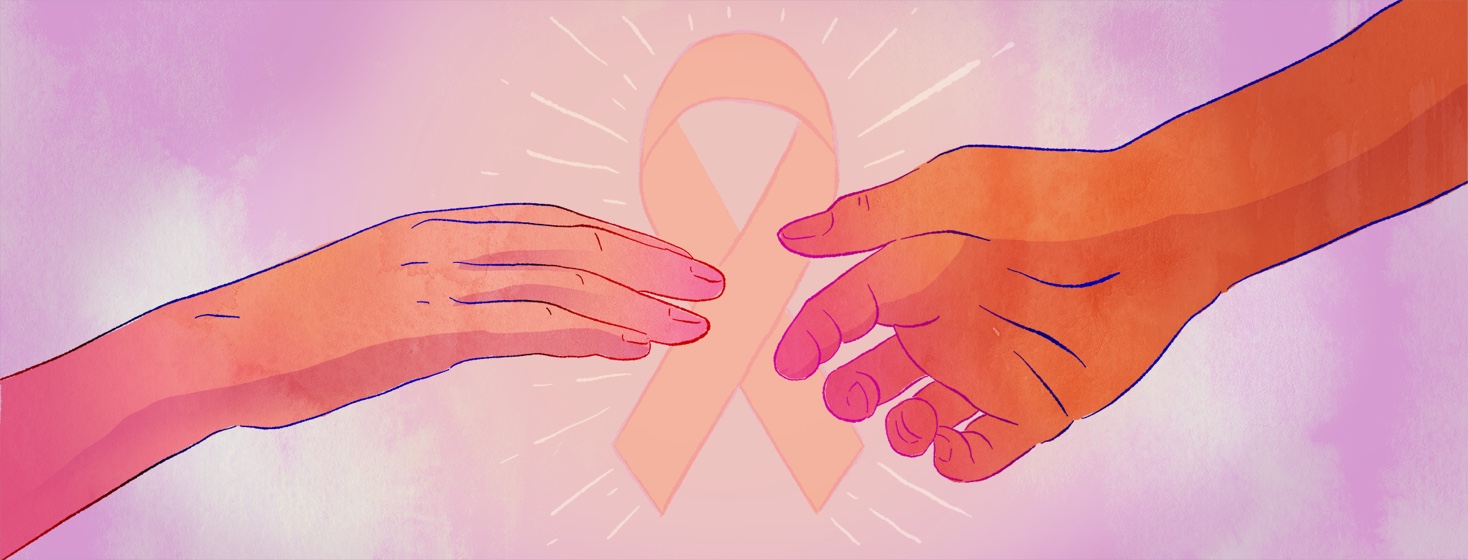How to Help a Cancer Patient
There are lots of places online that will tell you about what you should not say to a cancer patient. That includes some excellent advice on this very site.
It’s just as important to know what you should say.
And it’s pretty rare to hear what a patient should say in response.
What not to say
Here’s my advice to anyone who wants to know. Feel free to share it. If you truly want to be helpful to a cancer patient, don’t say “If there’s anything you need, just ask.” Most cancer patients I have talked to aren’t sure what they want. Many I know (myself included) have a default position of “not wanting to be a bother,” so an open-ended invitation won’t get a response.
Same with the variation: “Is there anything I can do for you?” There probably is, but many cancer patients are too physically exhausted or emotionally overwhelmed to put the energy into figuring it out.
What to say instead
If you want to be truly helpful, the best thing you can do is to make a specific offer.
- “Can I bring you a casserole for your family?”
- “I’m going to the grocery store. Is there any food that you like that I can get for you?”
- “Can I pick your kids up from school for you?”
- “Do you need someone to mow your lawn or weed your garden? I’m happy to do that for you.”
The key is to be specific. If you truly want to be helpful, look around and find a need. Then offer to fill that need. There are probably a whole bunch of needs that a cancer patient needs to be filled.
What a patient should say back
Of course, this only works if the patient responds appropriately. And if someone asks a good, specific question like, “Can I give you a ride to your doctor’s appointment?” there’s only one way to respond.
Say “yes.”
That should be obvious. But it isn’t always so.
Back when I was getting my first rounds of treatment for follicular lymphoma, I got a call from a couple that my wife and I know. I wouldn’t call them friends, exactly, but our kids went to the same school and had been on the same sports teams a few times. They are the kind of good people that you see around a lot because they always seem to volunteer for things when help is needed.
They had heard that I was in treatment, and they offered to bring dinner over one Friday night. I hesitated. My treatment was a monoclonal antibody, less intensive than traditional chemo. I was feeling alright. Lots of fatigue, but I still had a bit of an appetite. And my first instinct was to say 'no.'
I was taught to say "no"
I partly blame the good Franciscan sisters who taught me in elementary school, who filled me with a strong sense of humility and self-sacrifice. It was always my instinct to say 'no' when it would cause extra work for someone else.
Cancer patients might say no for other reasons, too. Maybe because of cultural training to not be a bother to others or a feeling of being less manly if we aren’t self-sufficient.
But something in me made me say 'yes.' They brought over a delicious meal that even my picky 8-year-old daughter seemed to enjoy.
What I realized was this: Cancer makes all of us feel helpless, even those who are just outside observers. Sometimes people really do want to help.
We need to say 'yes,' and let them.

Join the conversation